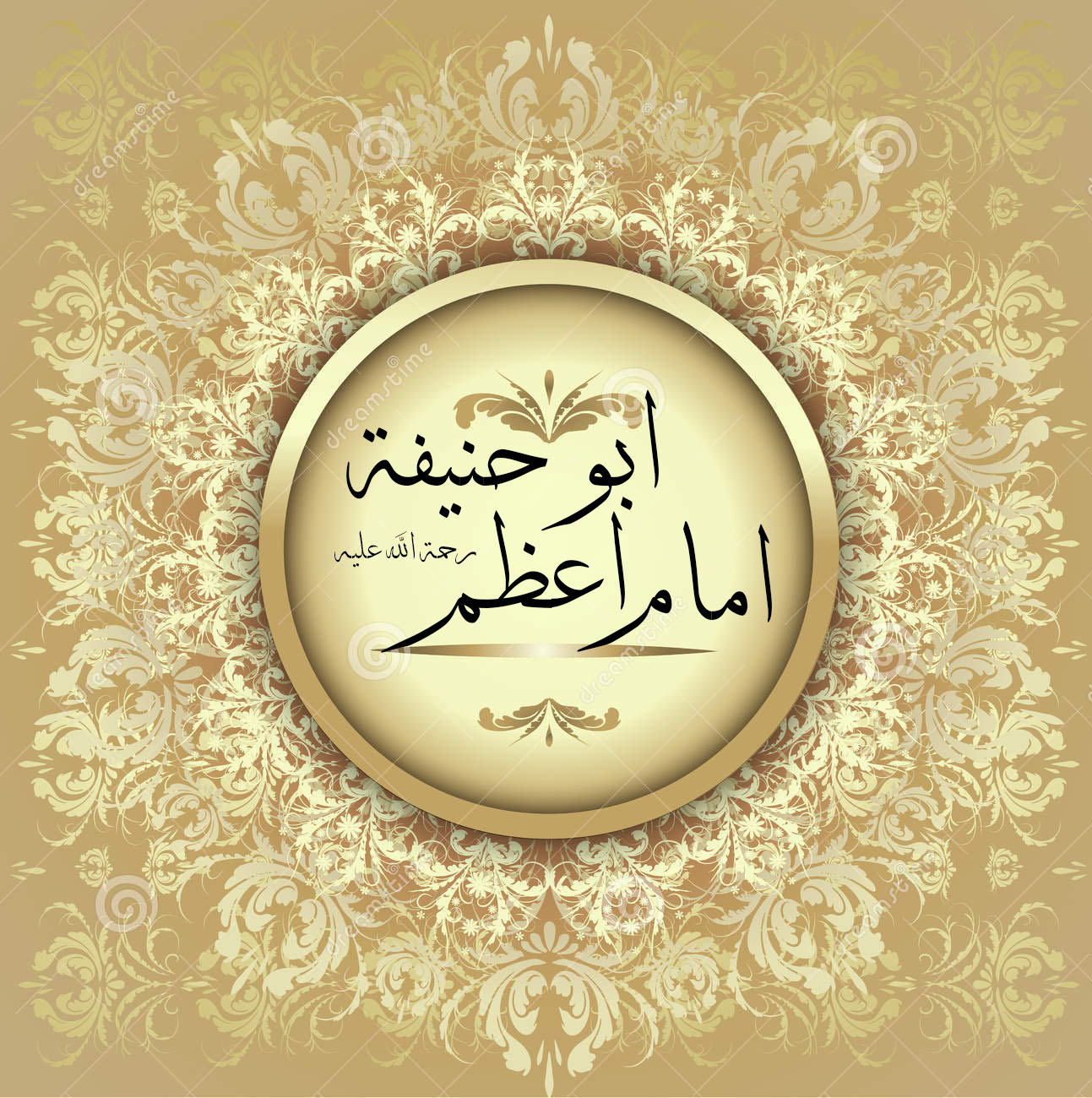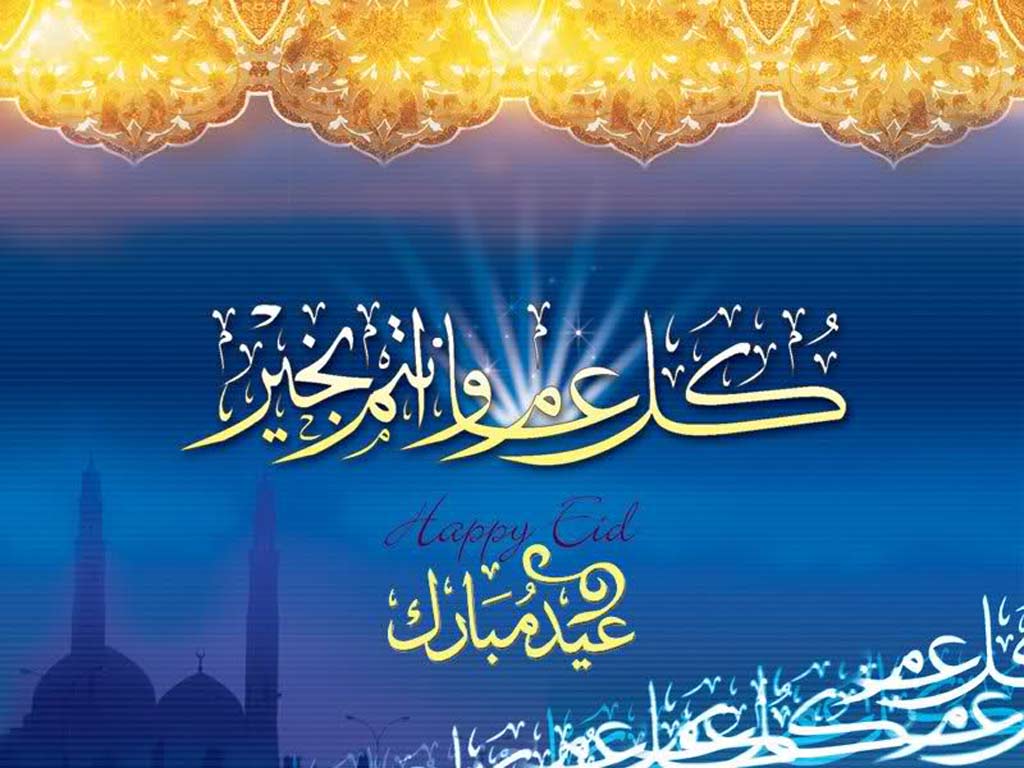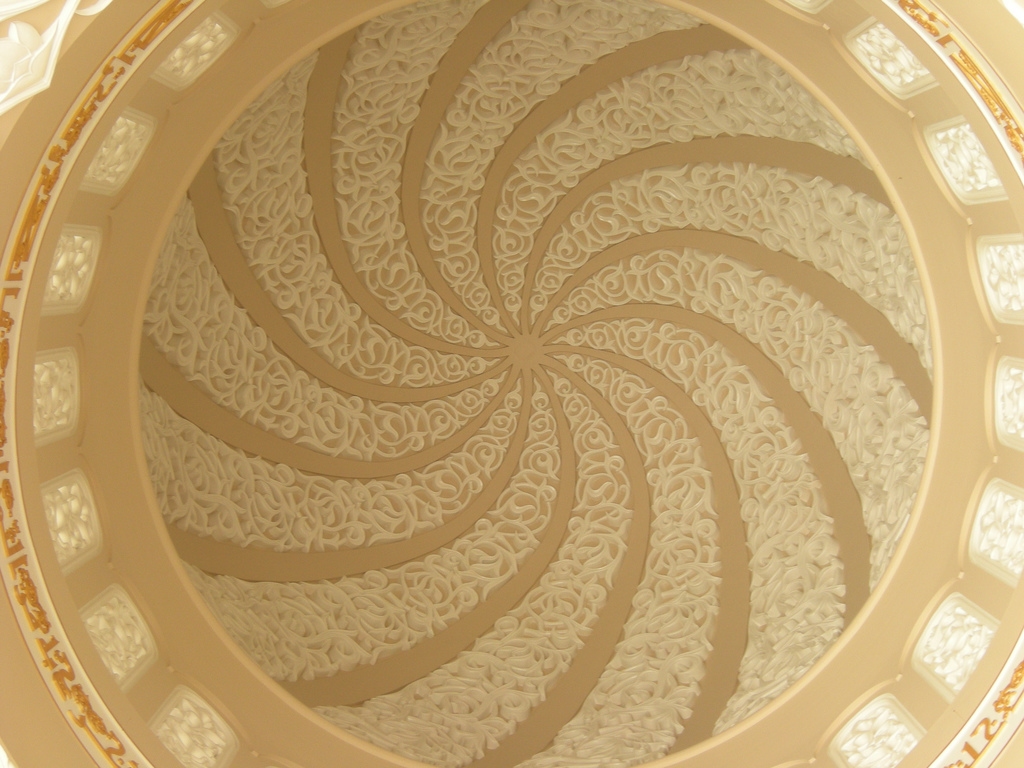Clarifying the Maxim: Our Madhhab is Correct and Possibly Incorrect
Clarifying the Maxim: Our Madhhab is Correct and Possibly Incorrect While the Madhhab of Others is Incorrect and Possibly Correct.
By Shaykh Muhammad ‘Awwāmah[1]
Translated by Muntasir Zaman
Objection: The following maxim is often quoted in the books of Fiqh: Our madhhab is correct and possibly incorrect while the madhhab of others is incorrect and possibly correct. What kind of conduct is this with those who hold a different opinion? How can they say this when they granted permission to make Taqlīd and recommended the observance of differences?
Clarification: It is true that they said this, but it is our responsibility to understand it according to their explanation and not according to hearts that are ill mannered towards them or minds that have failed to understand their intent. The correct method of understanding their statement is by establishing the conflict between the two statements. Thus we say:
Their statement regarding Taqlīd is proof of their approval of the madhhab of the one being followed (the Imām), and their recommendation for observing the opposing view is a clearer proof of their approval and regard for the opinion of the one who differs, so how did they make this statement?
Thereafter, we should contemplate over the fact that they are scholars who understood what they wrote and what comes from their minds, and that this is not the statement of only one person from one madhhab. Rather, it is the statement of many scholars who converged upon and approved of it.[2] As such, there has to be a reasonable explanation which we are unaware of and therefore we should search their works for an answer.
A correct explanation has already been put forward by a prominent critical scholar from the latter-day critical scholars of the Hanafīs, rather, their seal in Egypt, the erudite scholar al-Tahtāwī (d. 1231). Ibn ‘Ābīdīn was their seal in Shām after which Allāh decreed for him widespread acceptance.
In the beginning of his marginalia on al-Durr al-Mukhtār, al-Tahtāwī explains:
The meaning of this maxim is as follows: According to our Imām, the opinion he opted for is correct with the possibility of error. This is because every mujtahid is correct although he may have erred in reality. However, in relation to us, each one of the four Imāms is correct in his judgment. Accordingly, when asked regarding the madhhab of his Imām, a muqallid will reiterate this statement on the basis that it is the expression of his Imām’s conduct. It does not mean that every person who makes Taqlīd is required to believe that the mujtahid he is not following erred.[3]
He clarified that this maxim which has become an issue of confusion is only the expression of the mujtahid Imām’s conduct, and not a required belief for the muqallid. Consequently, after exercising judgment and exerting all possible effort in a legal issue, the mujtahid Imām will say, “My view in this issue is correct and possibly incorrect (because it is an issue wherein there is scope to exercise judgment), and according to me the view of others is incorrect and possibly correct.” When a muqallid says this statement, he is simply reiterating it as the expression of the conduct of his Imām.
Whoever exercises ijtihād adequately in a particular legal issue, his overwhelming assumption is that his conclusion is correct, and beyond that assumption is the slight possibility of error. Inverse of his overwhelming assumption of being correct, is the overwhelming assumption that the opposite view is incorrect with the slight possibility of being correct. In a similar manner is the viewpoint of the one who holds the opposing view. This is the reality, without any doubt or confusion.
This reminds me of the statement of Imām Ibn Nujaym (d. 970 AH), a prominent Hanafī jurist in Egypt, in his famous book al-Bahr al-Rā’iq, which Ibn ‘Ābidīn quotes in the beginning of his marginalia.[4] Ibn Nujaym writes:
Their intent by it is that only that person can claim their knowledge who possesses zeal and strives for it, and it should be known that it will not be acquired except by constantly consulting and referring to their texts and learning from teachers.
Further explanation on this aspect will be given later, if Allāh wills.
Indeed, the perspective of a mujtahid regarding himself “he is correct and possibly incorrect,” creates a balance within him. This is because he will look at his judgment and the effort he exerted in a legal issue and will realize that he arrived at an acceptable conclusion suitable to the truth he has to reach. Further, he will look at the one who holds the opposing view and will realize that they also exerted their effort but disagreed with him in his conclusion. Thus, it is necessary for him to respect their view and give due regard to their view and their academic status.
The following statement of Imām Ahmad in respect to Imām Ishāq ibn Rāhwayh projects the above precisely, “No one crossed the bridge to Khurāsān like Ishāq ibn Rāhwayh. He differs with us in issues, but people are always differing with one another.” [5] The statement of Imām Yahyā ibn Sa’īd al-Ansārī passed, “The people of knowledge are the people of vastness. The Muftīs have ceased to differ: one will declare something lawful while the other will declare it unlawful, but no one will criticize the other.”[6]
[1] Extracted from Adab al-Ikhtilāf fī Masā’il al-‘Ilm wa al-Dīn pp.144-147.
[2] This is the expression of all the jurists’ conduct, muqallids and mujtahids. Rather, it is the view of anyone of sound reasoning in issues that require judgment be it religious or non-religious, as is clear to the one who reflects. Refer to the definition of al-ra’y in the beginning of this book. In his Ta’rīfāt, al-Sharīf al-Jurjānī mentioned this view while defining al-sawāb, and the author of al-Durr al-Mukhtār (vol.1, p.33). Also refer to al-Musawwadah (p.448), Dhayl al-Jawāhir al-Mudiyyah of ‘Alī al-Qārī (vol.2, p.519 of the Indian print). In his al-Fatāwā al-Fiqhiyyah al-Kubrā, the erudite scholar Ibn Hajar al-Haytamī wrote a detailed discussion on this maxim that deserves to be published separately.
When ‘Umar (Allāh be pleased with him) narrated the Hadīth “Undoubtedly the deceased is punished due to the weeping of his family upon him” ‘Ā’ishah (Allāh be pleased with her) said, “Nay, by Allāh, the Messenger of Allāh (peace and blessings be upon him) never said that. Rather, Allāh increases the punishment of a disbeliever due to the weeping of his family upon him.” Ibn Hajar al-Haytamī comments, “In this there is evidence that the mujtahid is restricted to evidence and by extension he is allowed to claim that others are wrong and he may even take an oath that they erred even though they are higher ranking and more knowledgeable than him.”
[3] Vol.1, p.33.
[4] Vol.1, p.303.
[5] Al-Dhahabī, Siyar ‘A’lām al-Nubalā’, vol.11, p.371.
[6] Al-Dhahabī, Tadhkirat al-Huffāż, vol.1, p.139.





